💡 Introduction: Why Your 20s Shape Your Financial Future
Your 20s are filled with new experiences your first job, first apartment, maybe even your first credit card.
But here’s a reality check: the money habits you build before 30 will shape your entire financial future.
The earlier you understand how to manage, save, and grow your money, the easier life becomes later.
In this post, you’ll learn the 10 most important financial lessons everyone should master before 30 — lessons that save you from regret, debt, and endless stress.
Let’s turn your 20s into your smartest financial decade yet.
🧾 1. Budgeting Isn’t Boring — It’s Freedom
Budgeting isn’t about restriction; it’s about choice and control.
When you know where your money goes, you can decide where you want it to go next.
Start with a Zero-Based Budget — assign every dollar a job (rent, bills, savings, fun).
👉 Read next: The Zero-Based Budget Guide: Stop Guessing and Take Control
💬 A budget isn’t a cage — it’s your permission slip to spend wisely.
💳 2. Credit Cards Are Tools — Not Free Money
Used wisely, credit cards build your credit score and earn rewards. Used poorly, they trap you in debt.
| Smart Use | Poor Use |
|---|---|
| Pay balance in full monthly | Make only minimum payments |
| Keep utilization <30% | Max out limits |
| Use for planned expenses | Use for impulse spending |
💡 A strong credit score saves you thousands in interest later — on cars, homes, even jobs.
💰 3. Build an Emergency Fund (Before You Need It)
Life happens — job loss, medical bills, car repairs. Without savings, one surprise can cause chaos.
Aim for 3–6 months of expenses in a high-yield savings account.
Start small: even $20/week builds your safety net.
💬 Financial security isn’t built on luck — it’s built on preparation.
📈 4. Start Investing Early — Time Is Your Superpower
Compound interest rewards the early starters.
If you invest $200/month from age 25, you’ll have nearly twice as much as someone starting at 35 (assuming a 6% return).
| Start Age | Invest $200/mo | At 65 (6% avg return) |
|---|---|---|
| 25 | ~$398,000 | |
| 35 | ~$197,000 |
💡 You can’t get back lost time — but your money can grow while you sleep.
🧠 5. Learn the Difference Between Assets and Liabilities
An asset puts money in your pocket; a liability takes it out.
- Asset examples: investments, savings, real estate, skills.
- Liability examples: credit card debt, car loans, lifestyle inflation.
💬 Buy things that earn, not things that burn.
💸 6. Avoid Lifestyle Inflation
Got a raise? Congrats — but don’t let your spending rise with it.
Lifestyle inflation is the biggest silent wealth killer.
Instead of upgrading your apartment or gadgets, upgrade your savings rate.
Save or invest at least 50% of every raise — and you’ll build wealth quietly.
🧾 7. Track Every Expense (Awareness = Power)
You can’t improve what you don’t measure.
Use free apps like YNAB, Mint, or Notion finance templates to track where your money really goes.
Once you see the data, you’ll naturally spend smarter.
💡 Awareness, not willpower, changes habits.
🏦 8. Pay Off High-Interest Debt First
High-interest debt (like credit cards at 20%+) crushes your financial progress.
It’s like trying to fill a bucket with a hole in it.
Use the Avalanche Method — pay off highest interest rates first while making minimum payments on others.
Then roll over payments to the next debt.
💬 Every dollar you save in interest is a dollar you can invest in freedom.
💼 9. Learn Basic Investing and Taxes
Don’t wait for “later” to understand investments, taxes, and retirement accounts.
Even basic knowledge saves you money every year.
Start with these must-knows:
- 401(k)/pension: Employer match = free money.
- Index funds: Low-cost, diversified growth.
- Tax filing: Track deductions and credits.
💬 You don’t need to be an expert — just informed enough to make smart choices.
🧱 10. Build Multiple Income Streams
Relying on one paycheck is risky. Diversify your income early:
- Freelance or side hustle
- Passive income (digital products, affiliate links)
- Investing in dividend-paying stocks
Even a small extra stream builds security and speeds up wealth creation.
🧩 Bonus: Learn to Say “No” to Peer Pressure Spending
Your 20s are full of FOMO moments — dinners, trips, gadgets. But saying “yes” to everything often means saying “no” to your goals.
💬 Real friends respect your financial boundaries.
Save for what matters — not what trends.
🌱 Quick Recap: 10 Financial Lessons Before 30
| # | Lesson | Takeaway |
|---|---|---|
| 1 | Budget early | Freedom, not restriction |
| 2 | Use credit wisely | Builds trust & score |
| 3 | Build emergency fund | Protects against crisis |
| 4 | Start investing | Compound early |
| 5 | Know assets vs liabilities | Buy smart |
| 6 | Avoid lifestyle inflation | Keep raises, don’t spend them |
| 7 | Track expenses | Awareness = control |
| 8 | Pay off debt | Stop interest drain |
| 9 | Learn taxes & investing | Keep more money |
| 10 | Create income streams | Build freedom |
💬 Mindset Shift: It’s Not About Being Perfect — It’s About Progress
You don’t need to have it all figured out by 30.
You just need to start. Every small financial habit compounds into massive results later.
Remember:
Wealth isn’t built in a day — it’s built in daily decisions.
Start with one habit — automate savings, build an emergency fund, or track your spending — and you’ll already be ahead of most people your age.
❓ FAQ: Financial Lessons Before 30
1. What’s the most important financial habit before 30?
Learning to budget and save consistently. Everything else builds on that foundation.
2. How much should I save in my 20s?
Aim for at least 15–20% of your income, even if you start small. Automation helps.
3. When should I start investing?
Now. The earlier you start, the more compound growth works in your favor.
4. Should I focus on debt or savings first?
Build a small emergency fund first, then attack high-interest debt aggressively.
5. What’s the biggest money mistake young adults make?
Ignoring their spending habits and lifestyle inflation — it’s easy to fall into the “earn more, spend more” trap.
✨ Final Thoughts
Before 30, your biggest asset isn’t your salary — it’s time.
Every financial lesson you master now multiplies your wealth, stability, and peace of mind later.
Start today, automate smartly, and watch your financial confidence grow with every choice you make.
Because financial freedom doesn’t come from luck — it comes from learning early and acting wisely.
💡 Try our AI Automation agency here to make your company grow!
👉 💡 Try our AI Automation agency here to make your company grow!






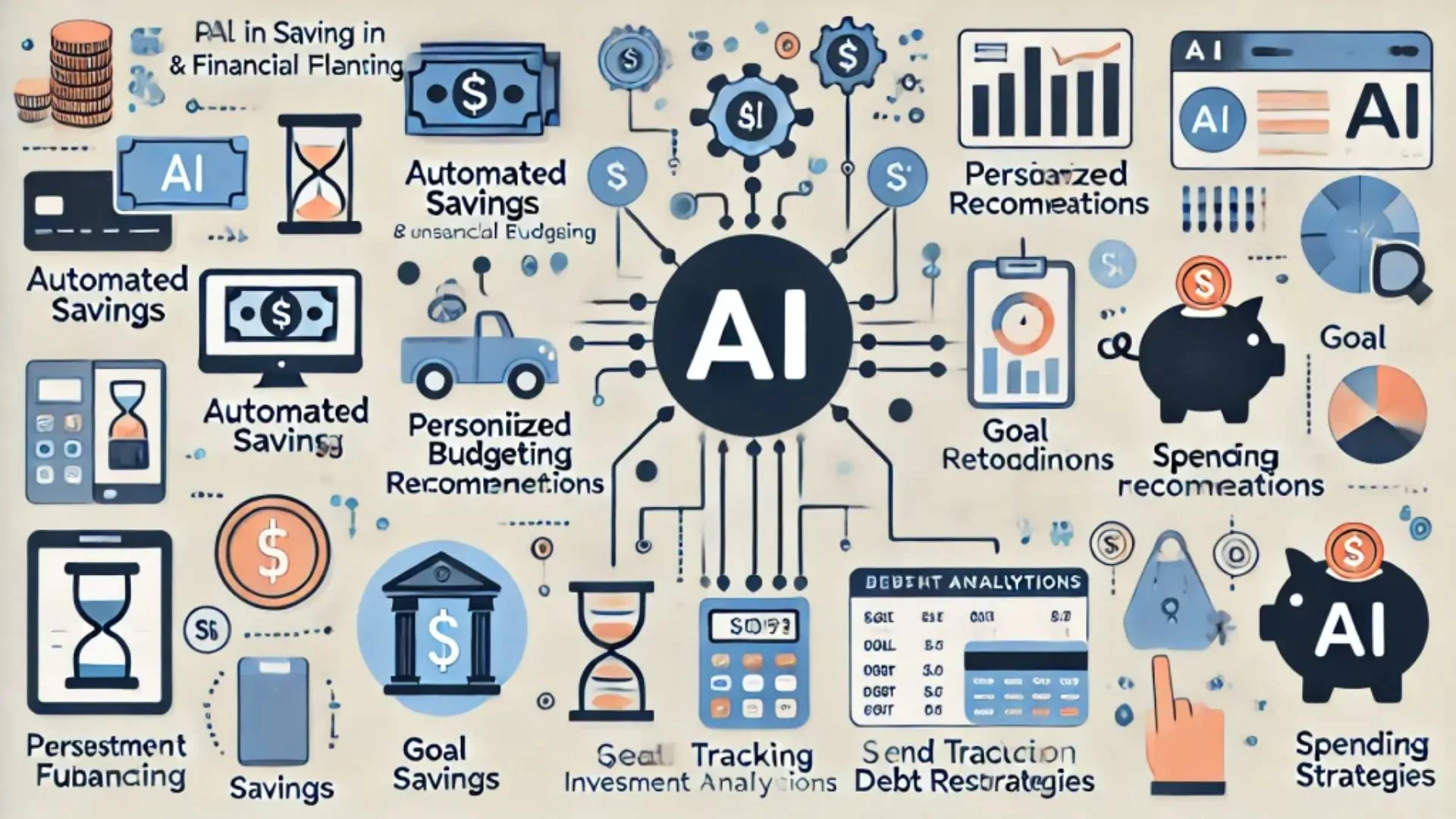
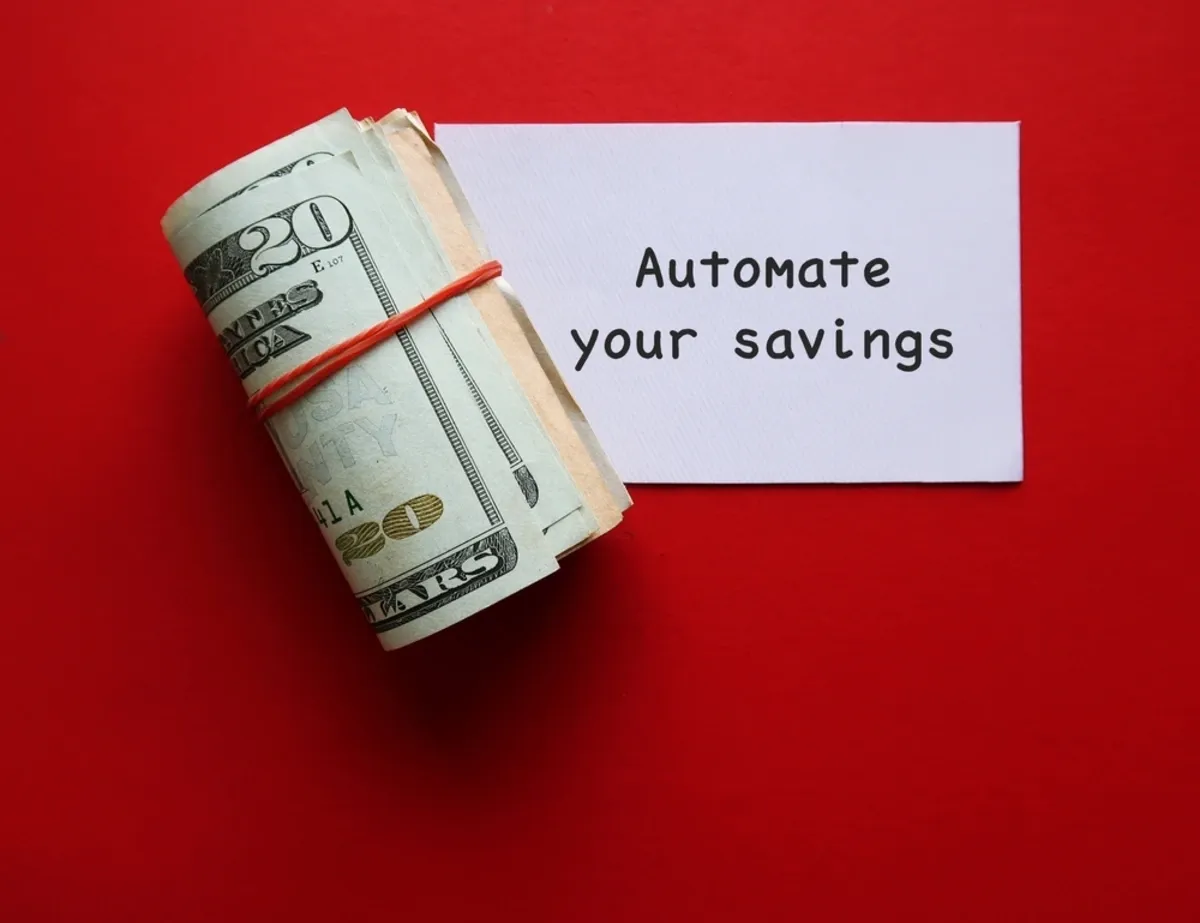

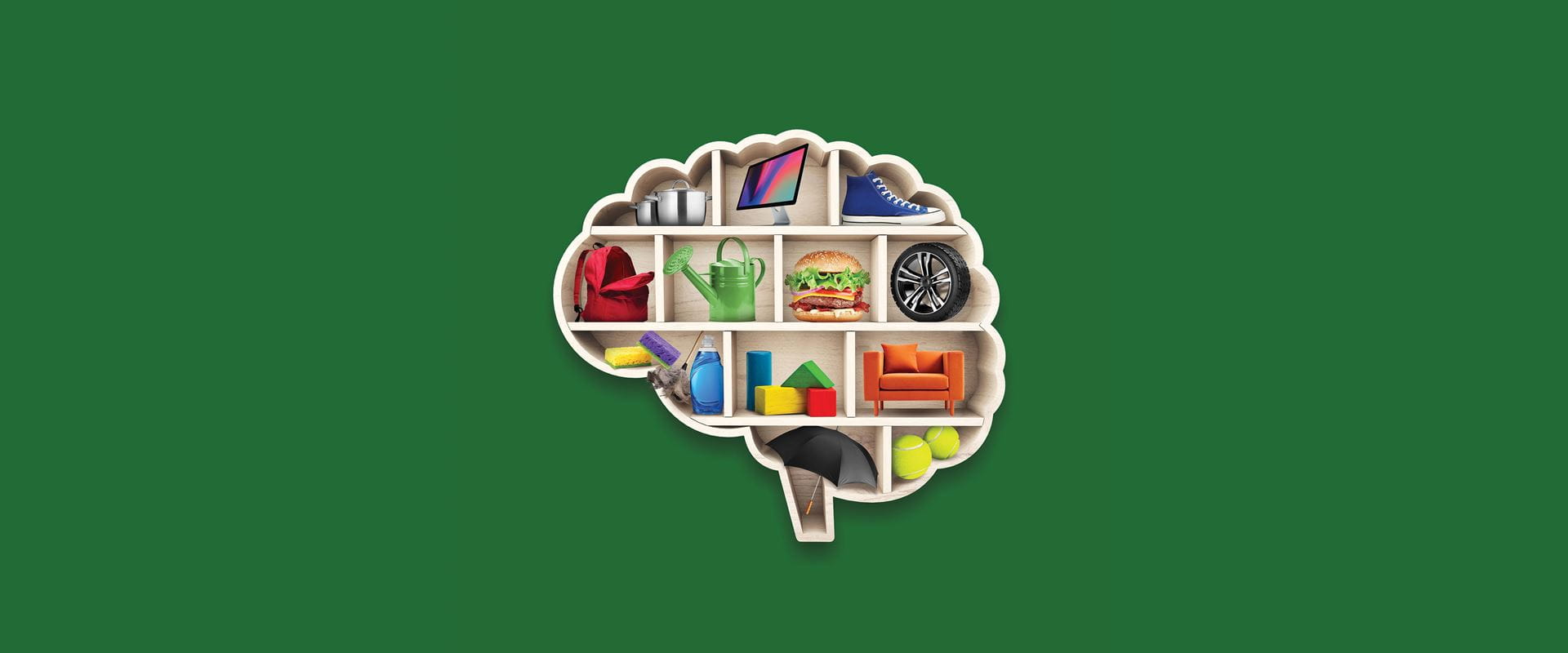
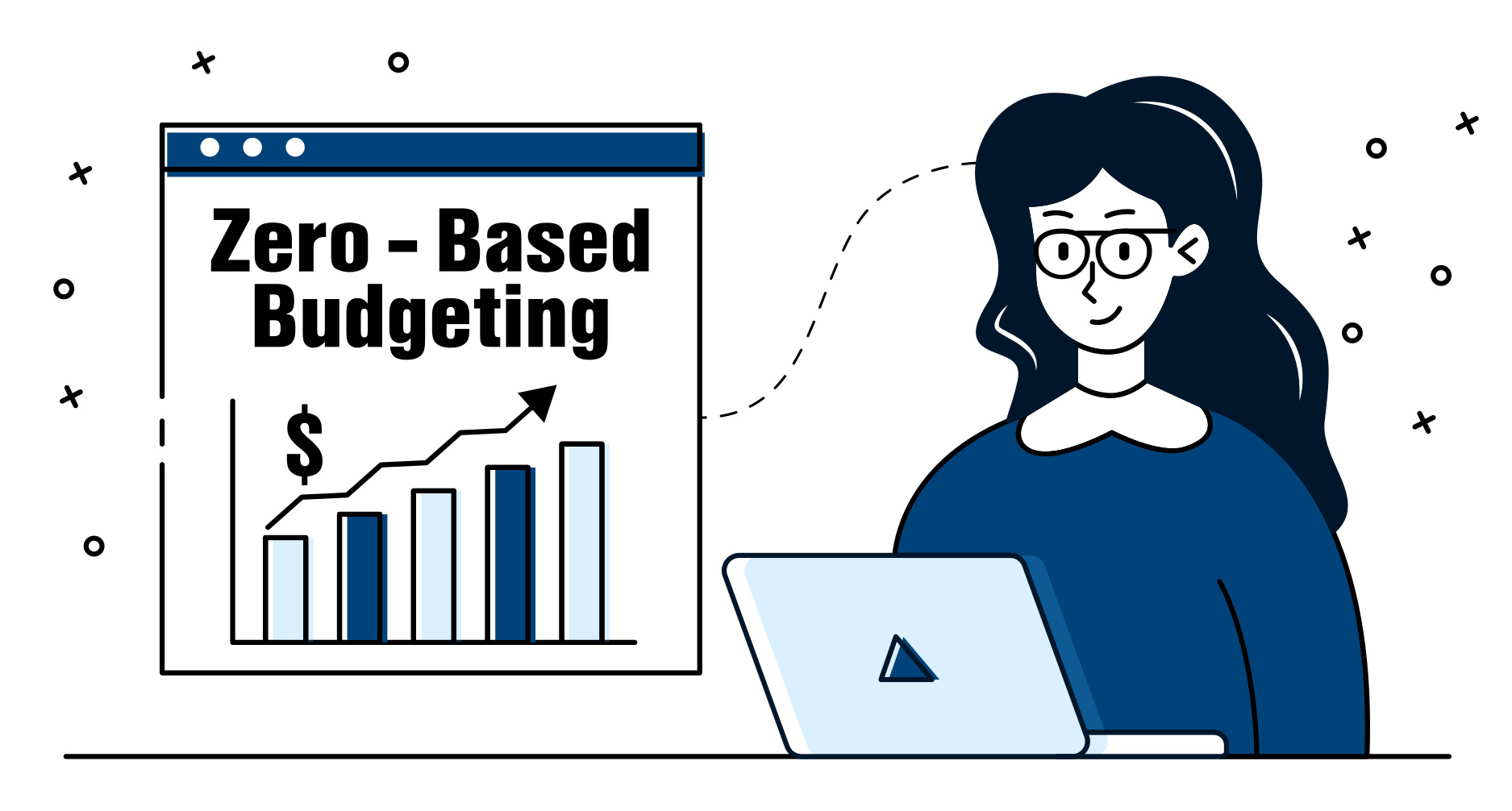
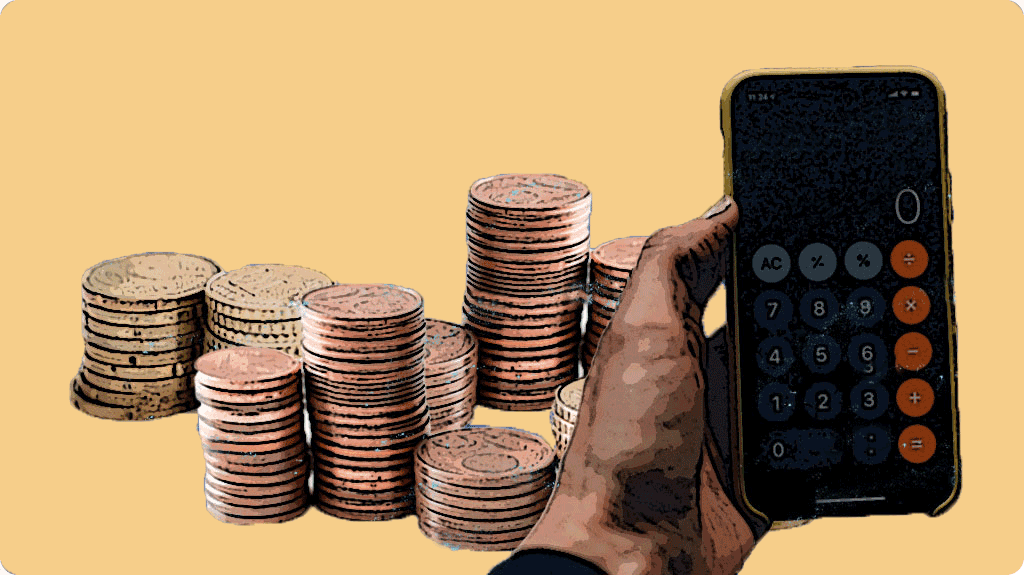

Leave a Reply